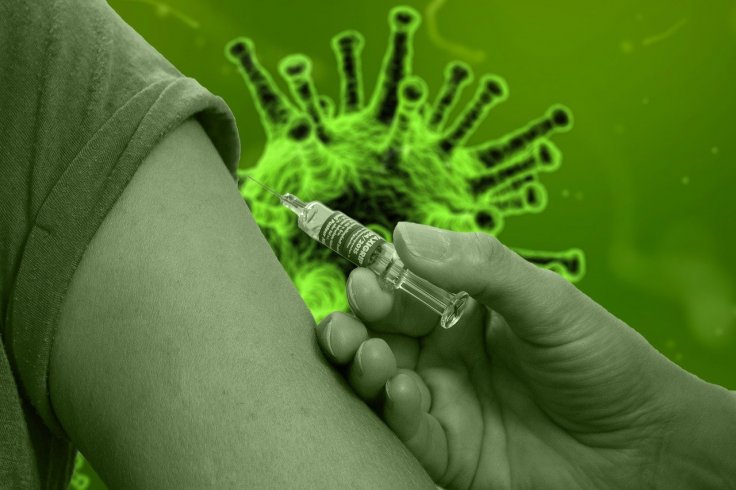Billions of people are eagerly waiting for a Coronavirus vaccine so that they can go back to their normal lives. For governments, the priorities include safety, efficacy, proper storage and distribution. However, a regional government in Malaysia has a different priority. It wants a study on the vaccine to ensure it is compliant with Islamic Sharia law.
While for non-Muslims and non-believers, the "halal" status of vaccines is unnecessary, it has different importance amongst some Muslims. In Malaysia, many Muslims, including Pahang (Malaysia) Mufti Abdul Rahman Osman, believe that a "halal" vaccine is their right and ensuring it is compliant with Islamic law is important while it also offers peace of mind.
Deputy Minister Besar Datuk Mohd Amar Nik Abdullah said without confirmation that the COVID-19 vaccine was Sharia-compliant, many might not take the shot. "Some people totally reject the vaccine, which to me is not appropriate, in terms of religion, because the vaccine is also among efforts for us to fight against a disease. So, if it is halal and does not contradict syariah, it is not wrong to get the vaccine," he said, adding that the government must conduct a thorough study referring religious authorities and fatwa council to "avoid a polemic in the society."

Complex Socio-Religious Fabric
The problem with a vaccine could be due to the usage of substances that are prohibited in Islamic law. In the past, many Muslims have refused to get vaccinated due to their belief that the jab might be "haram" or contain substances that are prohibited under Islamic law.
In Pakistan, in 2019, a boy was diagnosed with polio and it was found that his parents refused to vaccinate him as they considered the vaccine haram. Such cases of religious anti-vaxxers have rapidly grown in many countries including Indonesia where the vaccination rate fell to just eight percent as of 2018. Indonesia's Ulama Council issued a fatwa last year, prohibiting a vaccine for rubella and measles for similar concerns.
However, as protecting life is one of the purposes of Sharia law, biological provisions allow vaccination. But the main factor in the vaccines is the wide use of porcine gelatine that comes from pork, a banned substance for Muslims. Any product that contains porcine gelatine is strictly prohibited, raising questions about a vaccine.
It is not just limited to Islam though. As many vaccines also contain bovine materials that may upset Hindus. But with no central doctrine, not many Hindus have gone against vaccines for religious sentiments. In Christianity, the Dutch Reformed Church and Church of Christ also openly advocate against vaccination. Apart from religions, the vegan community that is on the rise also reject anything that contains animal product and some might go against vaccination.

What Is the Alternative?
Malaysia will get most of the COVID-19 vaccines from China, a country where religious beliefs are either suppressed or do not take precedence. The other vaccines are either from Russia, Germany or the U.S. — all of the countries prioritize health over religious beliefs.
But as countries are looking to carry out the largest mass vaccination in the history of mankind, it is important to respect religious beliefs so that no one misses out on the jab. Otherwise, herd immunity will be years away from achieving. It should be noted that it is still not clear whether the COVID-19 vaccines that are in their final stages of clinical trials contain porcine gelatine.
However, authorities have been looking into alternatives for some years. Many have proposed plant-based enzymes so that it will be halal compliant while also would not hurt other religious sentiments. But not only the production of the vaccine that needs to meet the halal criteria but also packaging, storage, manufacturing and storage should be compliant with Sharia law. And the facilities have to be used exclusively for halal biological products to prevent contamination. However, at this stage, it is difficult to ensure if halal compliance could be achieved in time for immunization.









